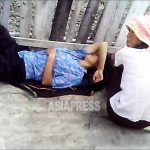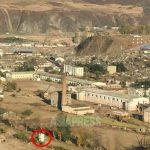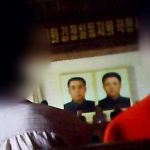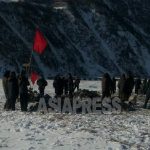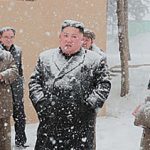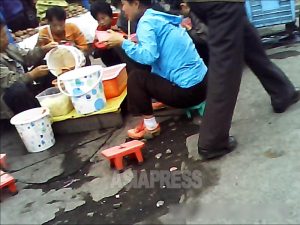
It is unknown at this stage whether the authorities' ban on private restaurant operations has been implemented nationwide. As the market economy is expanding, private businesses such as restaurants are growing. At the same time though, service companies officially affiliated with state institutions are being established by the donju, a newly emerging class of wealthy merchants that competes with private business owners.
It seems that the purpose of the government’s recent measures is to prevent private individuals from owning the means of production and from building private capital. Despite the fact that privately operated restaurants are small in scale, the government is fearful of the potential growth of private capital and is acting decisively in order to protect the interests of the state institutions and donju.
Prior to the ban, the government had began regulating private restaurants and inspecting food stalls for safety. It seems, however, that the government’s calculus has since changed. According to our reporting partner, “Since October 8, prior to the ban on private restaurants issued on October 11, a central disease control agency was inspecting all food stalls in markets as well as restaurants affiliated with the Commercial Management Office, suspending or shutting down restaurants and food stalls that did not pass the safety inspections.”
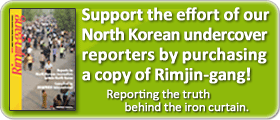 Editor’s notes on North Korean reporters
Editor’s notes on North Korean reporters
ALL REPORTS >>>
ARCHIVE(pdf) >>
DPRK MAP >>
